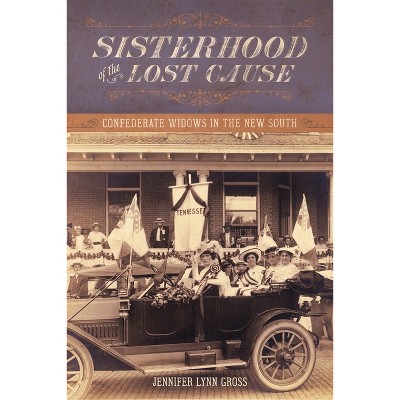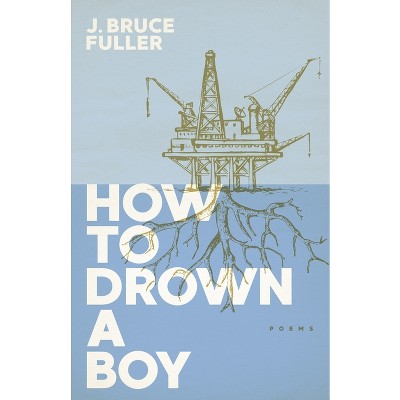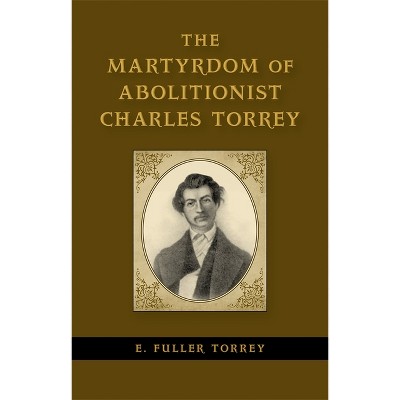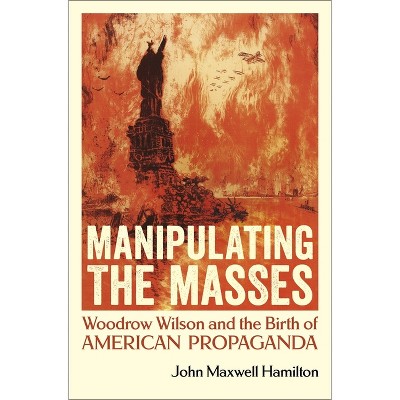About this item
Highlights
- After D-Day is one of a small but growing body of works that examine the Allied liberators of France.
- About the Author: Robert Lynn Fuller holds a PhD in history from the University of Virginia.
- 320 Pages
- History, Military
Description
About the Book
""After D-Day" fits into a growing but still small body of works that examine the Allied liberators of France. This study focuses especially on what the French experience of the U. S. military was both during the liberation and shortly afterward. It complements Fuller's The Struggle for Cooperation, Liberated France and the American Military (2018), which examines the French government's interaction with the Allies during the same period. Using research in French and American archives, as well as dozens of memoirs, diaries, letters, and newspapers, Robert Fuller follows French and American interactions as their forced contact expanded, starting in the skies over France in 1942 and ending with the liberation of Alsace in 1945. With prose designed to appeal to general readers as well as specialists, Fuller examines French life in war zones, where living under constant shelling offered miserable experiences for those forced to endure it. The French stoically withstood those horrendous travails-sometimes inflicted by the Americans-when they understood the purposes and saw their sacrifices as the price of liberation and victory over Germany. As Fuller shows, when the French did not believe afflictions brought by the Americans advanced the cause of success, their tolerance waned, sometimes dramatically. Like other scholars, he suggests that the Allied bombing of France was an important yet too often overlooked chapter of the Second World War, one that inflicted more death and destruction than the ground war still to come. That campaign, which began with the Allied invasion of Normandy, was successful only because of the enormous violence it unleashed; violence that killed, injured, and rendered homeless tens of thousands of French civilians. Fuller includes a close look at French and American records of the fate of civilians in the principal battle zones, Normandy and Lorraine, as well as overlooked liberated regions, such as Orlâeanais and Champagne, that largely escaped widespread damage and casualties. Despite French gratitude toward the Americans for their liberation, relations began to cool in the fall and winter of 1944 as progress on the battlefield first slowed and then appeared to reverse with the German offensive in the Ardennes. Revealing in stark detail the experiences of French civilians with the American military, "After D-Day" presents a compelling coda to our understanding of the Allied conquest of German-occupied France"--Book Synopsis
After D-Day is one of a small but growing body of works that examine the Allied liberators of France. This study focuses on both the French experience of the U.S. Army and the American soldiers' reaction to the French during the liberation and its immediate aftermath. Drawing on French and American archival materials, as well as dozens of memoirs, diaries, letters, and newspapers, Robert Lynn Fuller follows French and American interactions, starting in the skies over France in 1942 and ending with the liberation of Alsace in 1945. Fuller pays special attention to French life in the war zones, where living under constant shelling offered a miserable experience for those forced to endure it. The French stoically withstood those travails--sometimes inflicted by the Americans--when they saw their sacrifices as the price of liberation and victory over Germany. As Fuller shows, when the French did not believe afflictions brought by the Americans advanced the cause of success, their tolerance waned, sometimes dramatically.
Fuller maintains that the Allied bombing of France was an important yet often overlooked chapter of World War II, one that inflicted more death and destruction than the ground war still to come. Yet the ground campaign, which began with the Allied invasion of Normandy, unleashed enormous violence that killed, injured, or rendered homeless tens of thousands of French civilians. Fuller examines French and American records of the fate of civilians in the principal battle zones, Normandy and Lorraine, as well as in overlooked liberated regions, such as Orléanais and Champagne, that largely escaped widespread damage and casualties. Despite French gratitude toward the Americans for the liberation of their country, relations began to cool in the fall and winter of 1944 as progress on the battlefield slowed and then appeared to reverse with the German offensive in the Ardennes. Revealing in stark detail the experiences of French civilians with the American military, After D-Day presents a compelling coda to our understanding of the Allied conquest of German-occupied France.Review Quotes
This remarkable and well-researched book fills a gap in the already heavily documented history of the liberation of France in 1944 by analyzing how the French people were affected by the military action. Fuller uses French works that have never been translated into English, along with extensive government reports from numerous obscure archives, to add an important new dimension to English versions of the war in Europe. While many books recite statistics on the heavy damage the bombing, shelling, and fighting imposed on France--whole villages and towns demolished, hundreds of thousands of civilian casualties and persons displaced, important infrastructure destroyed--Fuller makes all of this much more immediate through his copious use of individual accounts to flesh out these statistics. He tells us who has been hurt or killed or deprived of a livelihood during a particular raid or bombardment, and what happened to particular localities and to infrastructure, thus explaining much about how the French viewed the Allied invasion and its aftermath.--Charles L. Robertson, author of "When Roosevelt Planned to Govern France"
About the Author
Robert Lynn Fuller holds a PhD in history from the University of Virginia. He is the author of The Struggle for Cooperation: Liberated France and the American Military, 1944-1946.











